I saw the below tweet this morning while drinking a cup of black coffee. That first sip is always my favorite start to the day. Yet, I faced an instant prompt that made my stomach turn. The very word "insecure."
Is there a reason to be insecure with AI?
A few months ago, I was at a dinner with some friends in their 30s. And the discussion found its way to AI in the entertainment industry. We all come from different industries– communications, entertainment and corporate.
It was a ping-pong of questions. How about the actors' and writers' jobs? What will happen to them? Will creativity just be that easy now? Where's the respect for the creative process?
I kept quiet and listened as the other side argued that Chat GPT and all the AI tools would change the process. We would create faster and at scale.
I've always been a doer and a reader. If I wanted to understand a topic such as AI, I'd have to research and practice using the tools available at that given moment. In my 20s, I interned in two places: SBS radio ( a multi-cultural media organization in Australia) and The Conversation (a newsroom that used experts as sources). I had incredible insecurity from feeling like the dumbest person in the room. Because of that, I didn’t take too many risks in my career.
This insecurity slowly wore off in my 30s. But with AI, this insecurity has come back. But, I was determined to brush this writer’s insecurity off. I wanted to lean in and unpack how I can use AI to better my craft.
Two tools turned my AI-inflicted insecurity into an opportunity:
📖Hello World: Being Human in the Age of Algorithms by Hannah Fry - Mathematician Hannah Fry reveals how algorithms and data will change our world with real-life examples of justice, medicine, cars, crime, art and power. My insight from this book is AI can collect data that can help us make better decisions for the human experience.
I saw Hannah Fry speak last June 15, 2023, at the Intuit Mailchimp conference in London. The topic was You, Me and AI. What to do Now That Anything is Possible - plus Q&A
Dickie Bush and Nicolas Cole’s masterclass on writing with Chat GPT - In February, these two prolific online writers did a masterclass session on how to use Chat GPT. The session was full of tips. But the one idea they left me with is this mindset shift: AI can become my most valuable intern. My competitive advantage is still in my creative thinking.
So, after the workshop in February, I committed to learning about AI and how to use it in my day-to-day work. Here’s what’s given me more relief than insecurity about my communications work:
I can run a smaller team. And at times, I can even do it all on my own.
A few years ago, I led the marketing and sales department of ten restaurant brands. I had a team of ten to twelve people. There were graphic artists, marketing managers, assistant marketing managers, videographers, photographers, PR assistants, interns and sales teams. It was sometimes a headache from staff showing up late to not following the deadlines. The team was unpredictable.
Recently, I started playing around with an AI tool called Narrato, which can create anything you imagine one would need in my line of work, from social media posts to press releases to SEO-optimized blogs to product descriptions to landing pages.
Here are some of the ways I’ve used this platform:
I created a press release for a travel industry client by feeding it a list of information I wanted it to include. This gave me the time to write other stories for the same client. I was able to create more content pieces in the time that it would take me to finish just one.
I asked it to write me a first draft for a sexual wellness blog I needed to publish. I fed it the facts and critical ideas. And in less than a minute, it came up with a thousand words. I’ve done the same with Chat GPT, but the content seems too cliche compared to Narrato’s output.
I’ve asked for some content ideas for the culinary school I’m working with. And it came up with different ideas for various formats for LinkedIn, Facebook, and Instagram.
I’m still in the early stages of playing around with Narrato, but so far, it has sped up the creative process, especially when working with multiple clients.
Another tool I’ve used is Descript, where you can edit videos and podcasts like editing a Google doc. They are big-time savers. In the past, I’d have to send the raw content to someone who would use Adobe tools. Then, they would send it back to me for edits or comments. We’d do that cycle again and again, which could a few days or even weeks.
Even with video and audio clips for a podcast, Riverside automatically generates magic clips, which are the best recording moments. I found this useful in cross-promoting on different social media platforms. In the Philippines (where I’m currently based), a social media manager or agency can cost anywhere from $350 to $1,000. Now, AI tools can cut that cost to $20 to $40 a month.
This technology, given the time and commitment to learn for any creative, has the power to “scale yourself” and avoid that creative burnout. On top of that, the cost just makes sense.
I have better chances of working on my creative muscle.
Working remotely since the pandemic can sometimes feel like talking to a blank wall. With Chat GPT, it doesn't feel as lonely. As strange as it sounds, I’ve fed it prompts of different roles I’d like it to play from blogger, marketing expert, virtual assistant or sparring partner.
For example, I wrote this article before Chat GPT. A simple prompt like this would’ve helped during that time, “I’m thinking of writing an article about egg freezing; I want to interview three women who have gone through it and two doctors. Is there another angle to this article I should be exploring?
With AI tools, I can edit and expand my thinking about a specific topic. I’ve also used AI to tweak, sharpen, and condense ideas.
More than Chat GPT wearing different hats, whether a researcher, an intern, an editor or anything else you want it to be, it’s all about problem-solving. In my case, one problem it has solved for me is being able to scale my work and having a team without hiring anyone. I’m still working alone, but somehow, I have a couple of AI tools that make my work life easier.
This excerpt from a Wired UK article perfectly illustrates the benefits I’ve experienced from AI:
What OpenAI Really Wants
The young company sent shock waves around the world when it released ChatGPT. But that was just the start. The ultimate goal: Change everything. Yes. Everything.
OpenAI is grappling with what an exponentially powerful improvement on its current technology actually looks like. “The biggest thing we’re missing is coming up with new ideas,” says Brockman. “It’s nice to have something that could be a virtual assistant. But that’s not the dream. The dream is to help us solve problems we can’t.”
As ambitious as it sounds, AI tools can change everything, and it starts with how each person approaches their work.
There's more joy in the process.
Regarding AI changing the communications industry, I chose to be an optimist. I want to live longer, with less stress and the freedom to choose the work that I do. And if anything, AI helps me to do that.
I can choose which tasks are low-leverage and those that are high. I no longer feel hostage by time or another person who can’t deliver by a deadline or the quality I want.
There’s been a straightforward approach when it comes to the work I do. I ask myself, “Do I want to do this or not?”
If I do, I continue doing it myself. It might be reading, writing and brainstorming. This is the work I find most meaningful at this moment.
If I don’t, I’m happy to delegate to an AI tool. One recent example is the need for a work headshot. I outsourced that to Dreamwave, and within two hours, I got a headshot.
So, how should you approach the changes AI brings? I leave you with this quote from Mathematician Hannah Fry, “The only thing we care about is the human experience. That’s the center of everything.” And to me, writing and creating stories is a joyful human experience.
Toolbox
If you’d like to learn more about AI tools you can use, check out these resources that have helped me lean in:
Superhuman - It’s like having your researcher on all things AI. Plus, it’s in simple English, which I love.
Prompts Daily - A round-up of AI news from Apple, Microsoft, Google, Meta and more. It’s also got tips on prompt engineering.
Writing with AI - It’s a paid newsletter, but it's great for writers who want to leverage AI tools.
Chat GPT class for marketers - Digital Picnic is an Australian-based digital marketing company. They do a lot of easy-to-understand training!
AI tools directory - This is the yellow pages of all AI tools.
This is my work journal for all things communication! If you learned something new in this newsletter, comment or subscribe below.
My question for you this week: how has AI helped your creative work?



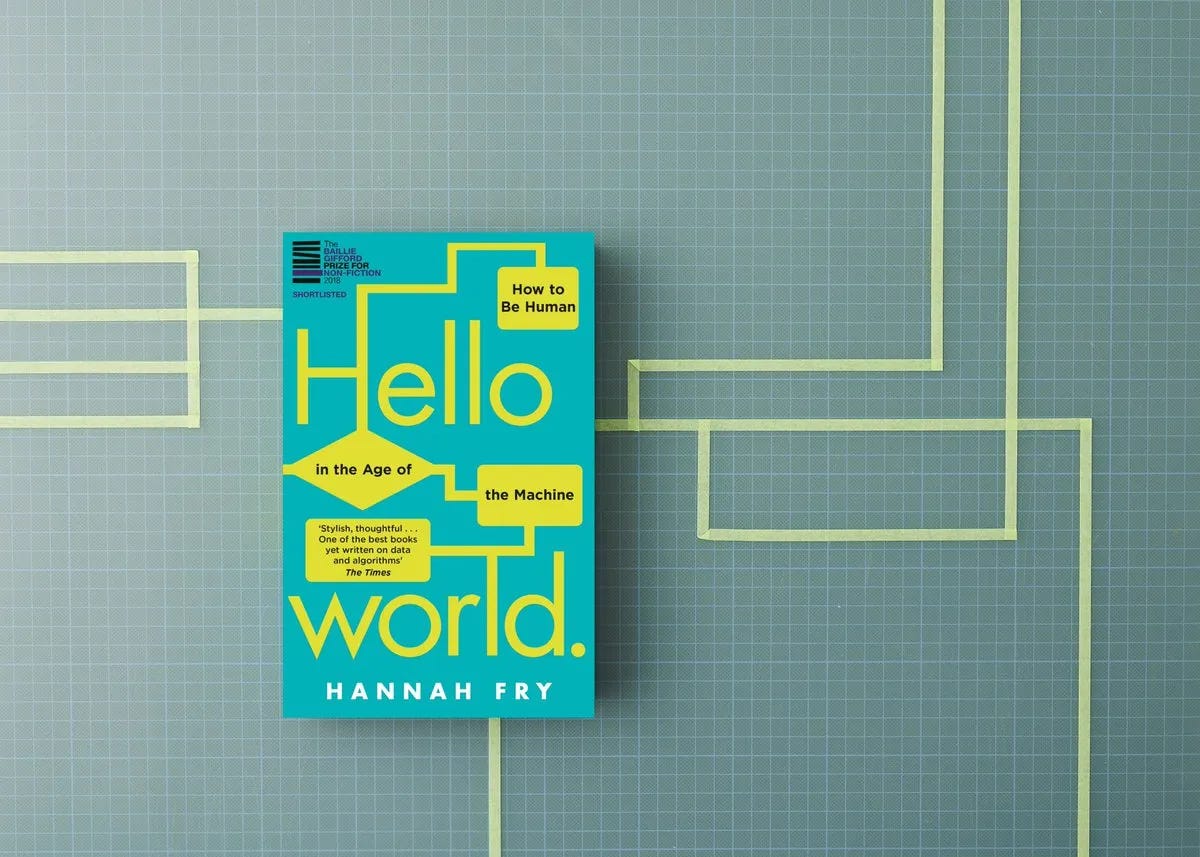
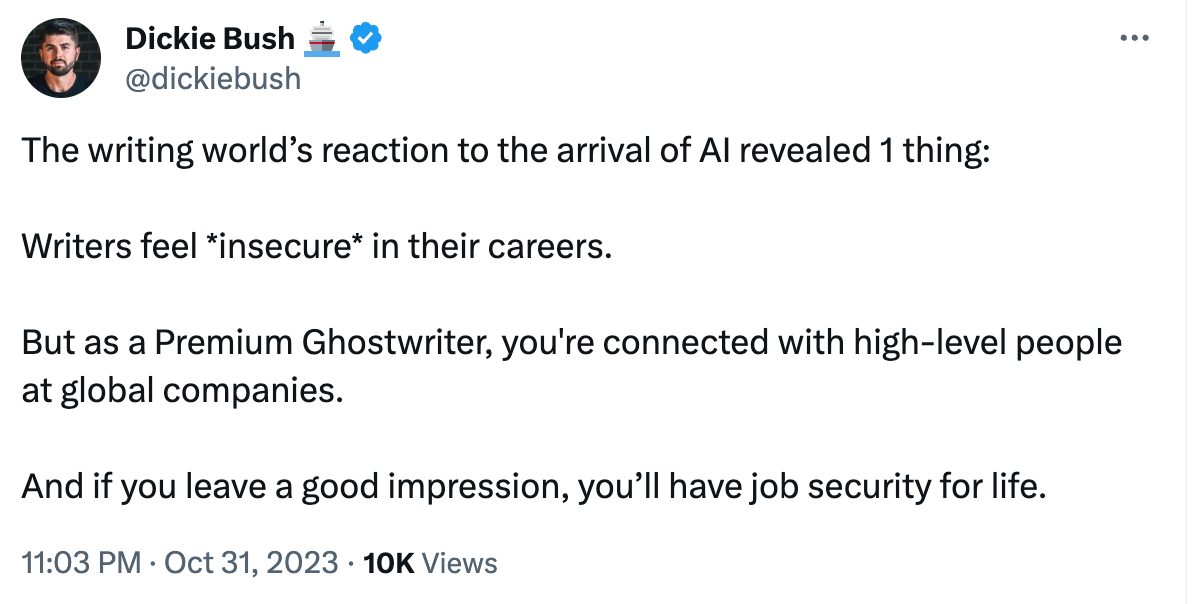
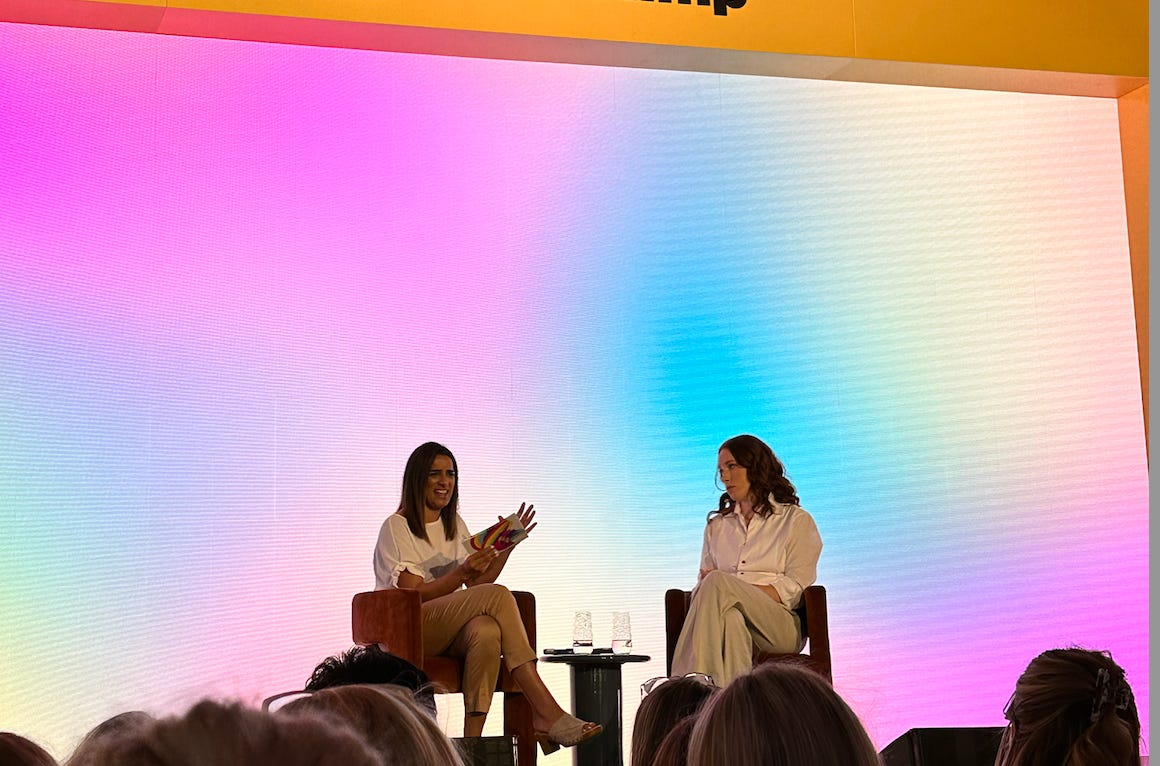
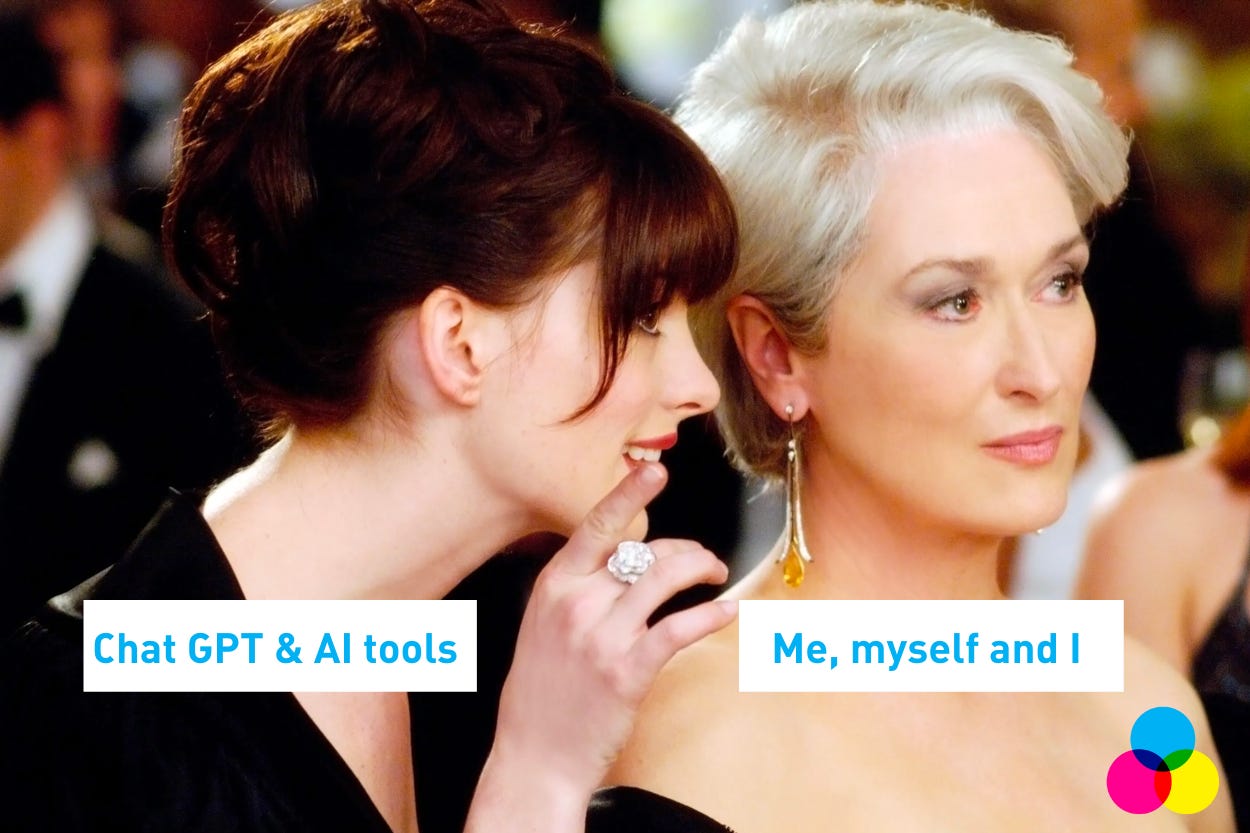
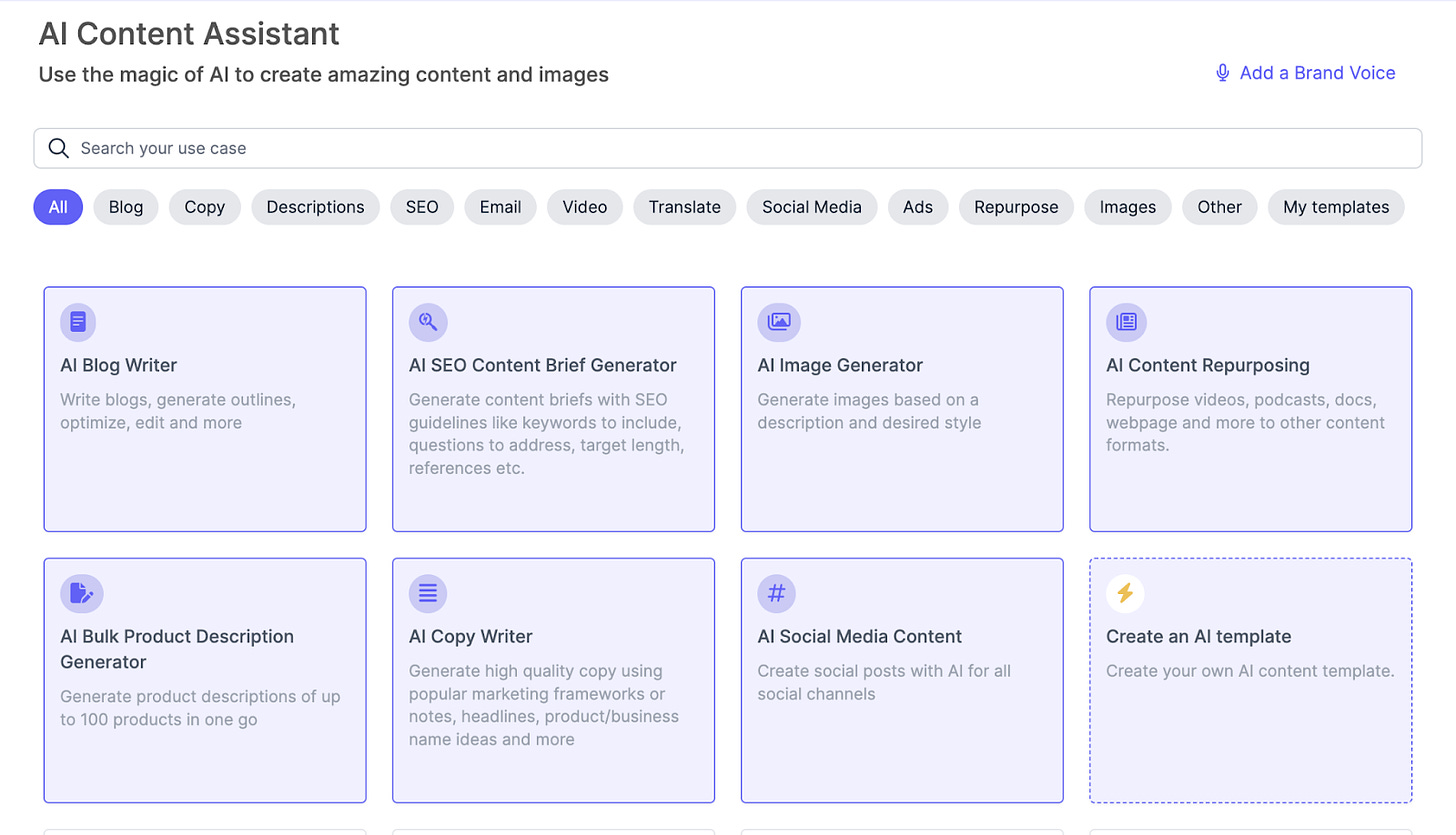
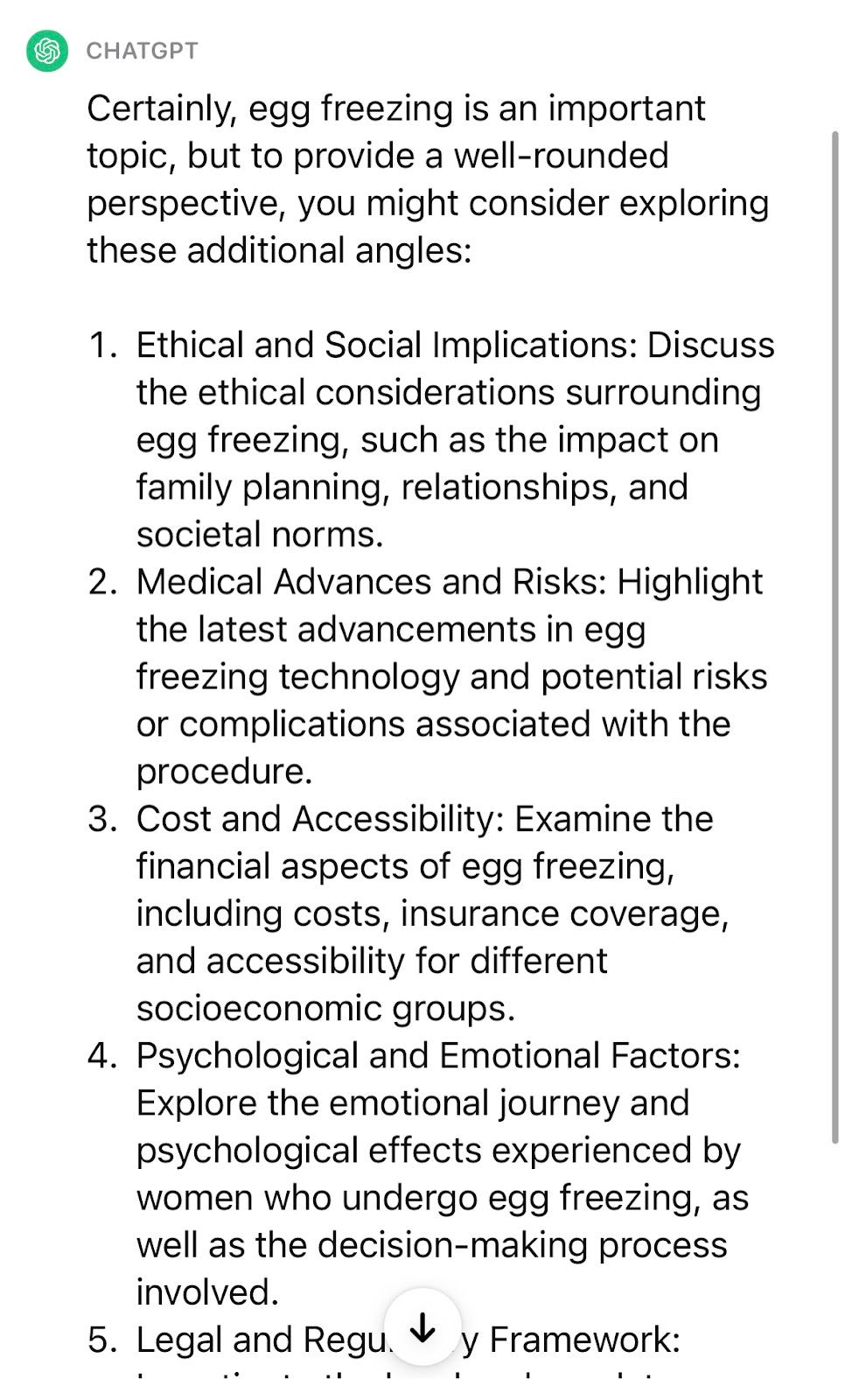
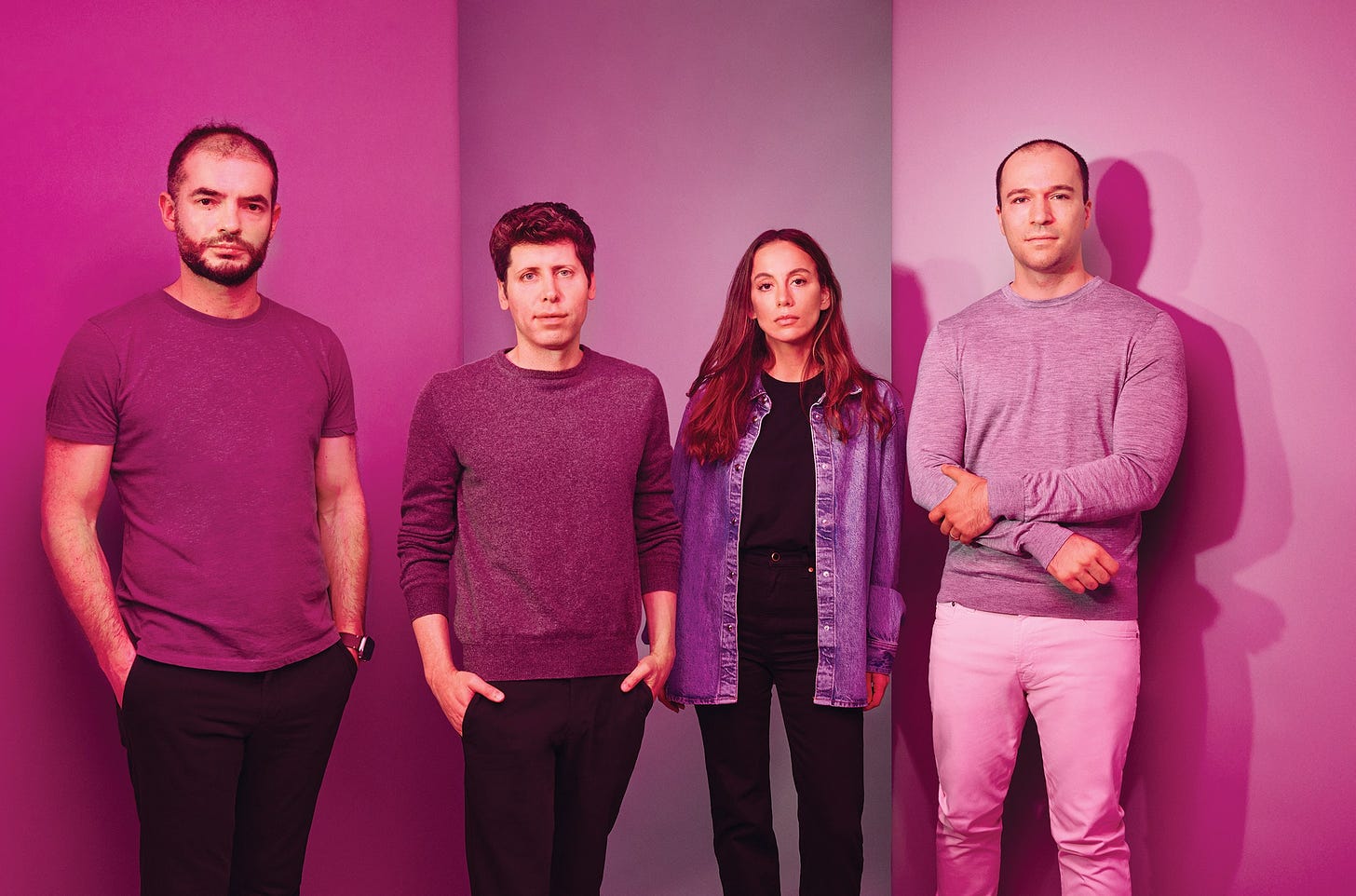



I definitely see AI as an extension of my capability rather than a threat to it. If you can't beat em, join em I say!